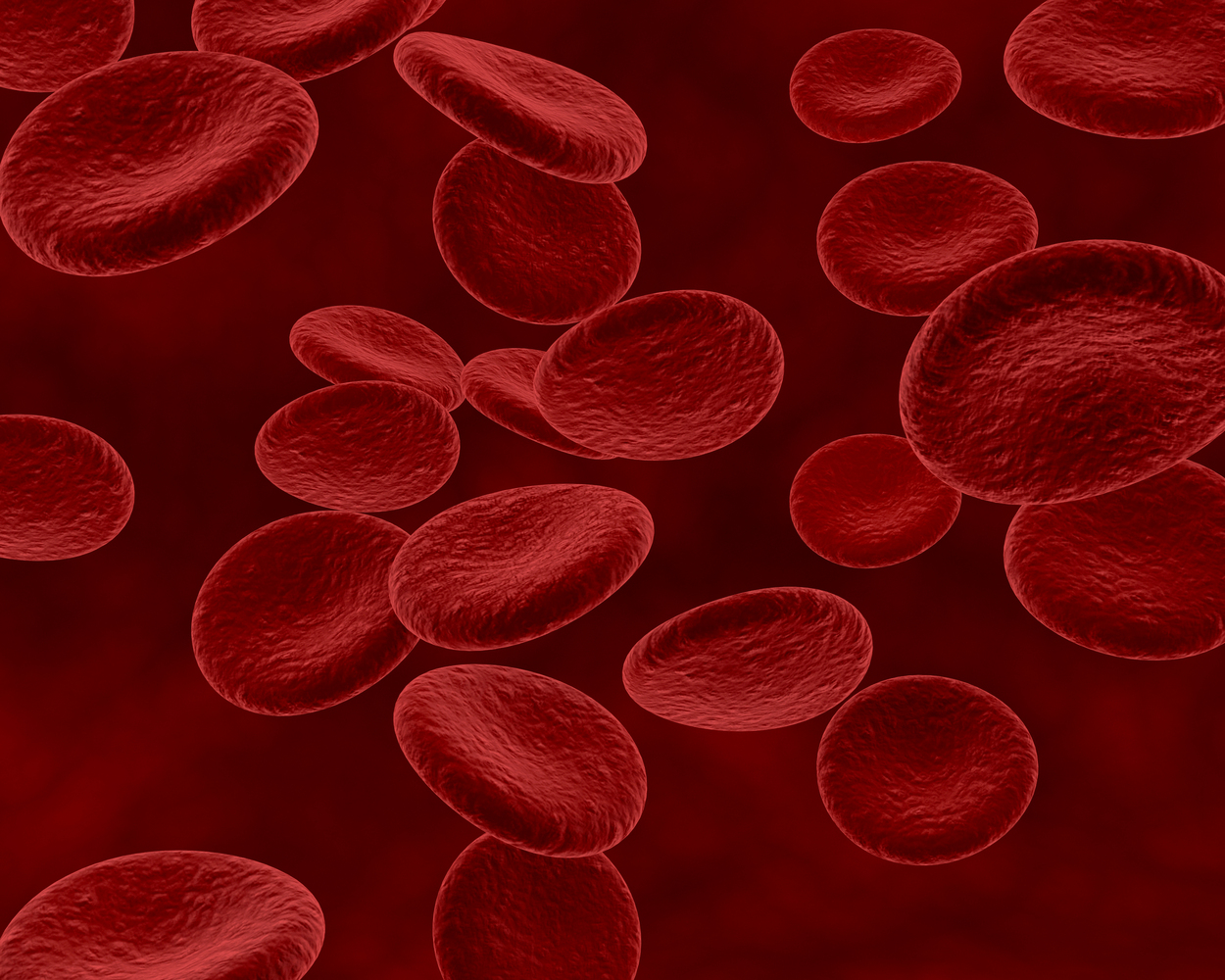

A recent comprehensive Danish study published in The BMJ suggests that women who combine hormonal contraception with non-steroidal anti-inflammatory painkillers may face a slightly elevated risk of developing venous thromboembolism (VTE), commonly called blood clots.
Interestingly, the study highlights a more pronounced risk among women using combined oral contraceptives containing third- or fourth-generation progestins. Conversely, women who opt for progestin-only tablets, implants, or coils in conjunction with non-steroidal anti-inflammatory drugs (NSAIDs) like ibuprofen, diclofenac, and naproxen appear to experience a relatively lower risk of VTE.
The researchers emphasize that the overall likelihood of experiencing a severe blood clot remains minimal, even among women utilizing high-risk hormonal contraception. Nevertheless, given the prevalent usage of hormonal contraception and NSAIDs, they assert that women should receive appropriate counseling regarding the potential interplay between these drugs.
While previous studies have associated NSAIDs with blood clots, there has been limited exploration into whether NSAID use affects the risk of generally healthy women who are also using hormonal contraception.
To investigate this matter, the researchers conducted an extensive analysis using national healthcare records to monitor the incidence of initial venous thromboembolism diagnoses among a cohort of 2 million women aged 15 to 49 in Denmark from 1996 to 2017. Importantly, these women had no known medical history of blood clots, cancer, hysterectomy, or fertility treatment.
The categorization of hormonal contraception into high, medium, and low-risk categories was based on its association with VTE, as established in previous research.
High-risk hormonal contraception encompassed combined estrogen and progestin patches, vaginal rings, and pills containing either 50 mcg estrogen or third- or fourth-generation progestins. Medium-risk contraception included all other forms of combined oral contraceptives along with the medroxyprogesterone injection. Meanwhile, progestin-only tablets, implants, and hormone intrauterine devices (coils) were classified as low or negligible risk.
Furthermore, the study considered many potentially influential factors, such as age, education, pregnancy history, prior surgical procedures, high blood pressure, and diabetes.
Within the scope of this study, 529,704 women who were simultaneously employing hormonal contraception also used NSAIDs. The most commonly utilized NSAID was ibuprofen, accounting for 60% of the cases, followed by diclofenac at 20% and naproxen at 6%.
Over the span of an average 10-year observation period, a total of 8,710 instances of venous thromboembolic events were recorded, comprising 2,715 pulmonary embolisms and 5,995 deep venous thromboses. Additionally, within 30 days of their diagnosis, 228 women, equivalent to 2.6% of the study population, unfortunately passed away.
When examining the raw data, it was evident that NSAID usage correlated with a notable increase in venous thromboembolic events. Specifically, among women who were not employing hormonal contraception, there were an additional four events per week for every 100,000 women. In contrast, those using medium-risk hormonal contraception experienced 11 additional events, while women using high-risk hormonal contraception faced a significantly higher increase of 23 extra events.
When evaluating individual NSAIDs, the connection was preeminent with diclofenac, compared to ibuprofen and naproxen.
It’s important to note that this study is observational in nature, and as such, it cannot establish a causal relationship. The researchers have also pointed out several limitations, including the absence of data on smoking and obesity, factors that may have influenced the study’s outcomes.
Nonetheless, this study carries considerable weight, benefiting from a large-scale analysis grounded in high-quality registry data. The researchers meticulously adjusted for a broad spectrum of potentially influential variables, reinforcing the reliability of their findings. Notably, these associations persisted even after in-depth scrutiny, underscoring their robust nature.
As such, the researchers infer, “Using high-quality, linkable, national registries, this nationwide study adds new knowledge on the risk of a potentially fatal event during concomitant use of two drug classes often prescribed to otherwise healthy women.”
They add, “Women needing both hormonal contraception and regular use of NSAIDs should be advised accordingly.”
Morten Schmidt, from Aarhus University Hospital, who penned an associated editorial, underscores the significance of these findings. He recommends that healthcare authorities and regulatory bodies incorporate these discoveries into their safety assessments of readily available over-the-counter diclofenac. Furthermore, Schmidt suggests that women who are using hormonal contraception, along with their healthcare providers, contemplate alternatives to NSAIDs for pain relief, given the potential concerns raised by this research.
“If treatment with NSAIDs is needed, agents other than diclofenac seem preferable, along with lower risk hormonal contraceptives such as progestin only tablets, implants, or intrauterine devices,” he concludes.
more recommended stories
 Acute Ischemic Stroke: New Evidence for Neuroprotection
Acute Ischemic Stroke: New Evidence for NeuroprotectionKey Highlights A Phase III clinical.
 Statins Rarely Cause Side Effects, Large Trials Show
Statins Rarely Cause Side Effects, Large Trials ShowKey Points at a Glance Large.
 Anxiety Reduction and Emotional Support on Social Media
Anxiety Reduction and Emotional Support on Social MediaKey Summary Anxiety commonly begins in.
 Liquid Biopsy Measures Epigenetic Instability in Cancer
Liquid Biopsy Measures Epigenetic Instability in CancerKey Takeaways Johns Hopkins researchers developed.
 Human Antibody Drug Response Prediction Gets an Upgrade
Human Antibody Drug Response Prediction Gets an UpgradeKey Takeaways A new humanized antibody.
 Pancreatic Cancer Research: Triple-Drug Therapy Success
Pancreatic Cancer Research: Triple-Drug Therapy SuccessKey Summary Spanish researchers report complete.
 Immune Cell Epigenome Links Genetics and Life Experience
Immune Cell Epigenome Links Genetics and Life ExperienceKey Takeaway Summary Immune cell responses.
 Dietary Melatonin Linked to Depression Risk: New Study
Dietary Melatonin Linked to Depression Risk: New StudyKey Summary Cross-sectional analysis of 8,320.
 Chronic Pain Linked to CGIC Brain Circuit, Study Finds
Chronic Pain Linked to CGIC Brain Circuit, Study FindsKey Takeaways University of Colorado Boulder.
 New Insights Into Immune-Driven Heart Failure Progression
New Insights Into Immune-Driven Heart Failure ProgressionKey Highlights (Quick Summary) Progressive Heart.

Leave a Comment